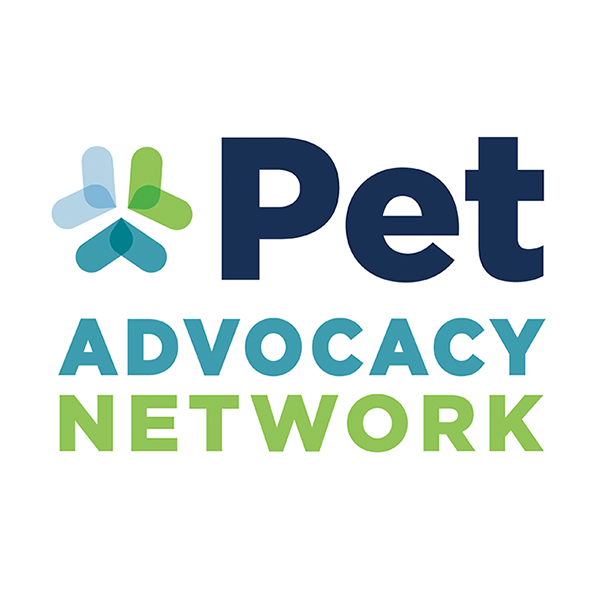HABRI-Funded Study Shows Importance of the Human-Animal Bond for MDs
Washington, D.C. (October 16, 2017) — The Human Animal Bond Research Institute (HABRI), The University of Toronto, Markham Stouffville Hospital, and the Western College of Veterinary Medicine at the University of Saskatchewan announced the publication of a study exploring whether Primary Healthcare Professionals asking their patients about the pets in the family would positively impact communication to gather clinically relevant information and improve patient care.
“Results of our survey show that asking about pets in the family is an easy and effective way to build trust with a patient, strengthening the patient-provider therapeutic alliance,” said Kate Hodgson, DVM, MHSc, CCMEP, Faculty of Medicine, University of Toronto. “When healthcare providers learn about the pets in patients’ lives, they are also developing an understanding about specific aspects of their patients’ environment and social history that can improve the delivery of healthcare.”
“Having an exam-room conversation about companion animals helps healthcare providers learn important information about patients’ lifestyle and home life which can positively influence the way they evaluate and treat their patients,” said Alan Monavvari, MD, Chief of Family Medicine, MHSc, CCFP, CHE, CPHQ, at Markham Stouffville Hospital.
Dr. Hodgson and Dr. Monavvari, along with co-authors Marcia Darling, BSc and Dr. Douglas Freeman, DVM, PhD, DipACT, analyzed results of a baseline and follow-up survey of 225 healthcare professionals asking about prevalence of patients living with pets, the health impact of pets, and influences on patient communication. Results revealed that patients are more open to talking to their healthcare providers about their pets, revealing clinically relevant information about how they live. Baseline and final surveys measured awareness of pets in patients’ families, assessment of determinants of health, impact on rapport with patients, and patient care. A sign test assessed difference in scores using repeated-measures analysis. Findings demonstrated that asking about pets strengthens the patient-provider relationship and therapeutic alliance. Knowing about pets in patients’ families influences the available approaches to care and enables providers to incorporate the pet into patient management plans. For example, learning about dog ownership can lead physicians to encourage dog walking for increased physical activity. All participants in the survey had patients with pets, and all patients responded without objection.
“Scientific research demonstrates that the human-animal bond helps reduce blood pressure, relieve stress, and increase physical activity,” said HABRI Executive Director Steven Feldman. “With the results of the Asking About Pets study, we know that pets benefit the medical profession by empowering doctors to activate pets as an existing health resource in the family to take better care of us!”
About HABRI
HABRI is a not-for-profit organization that maintains the world’s largest online library of human-animal bond research and information; funds innovative research projects to scientifically document the health benefits of companion animals; and informs the public about human-animal bond research and the beneficial role of companion animals in society. For more information, please visit www.habri.org.
About Markham Stouffville Hospital
Markham Stouffville Hospital is a progressive, two-site, community hospital with 275 beds, leading diagnostic services and clinical programs in acute care medicine and surgery, addictions and mental health, and childbirth and children’s services. Partnering with other specialist providers, the hospital’s 450 physicians, 2,100 staff, and 1,300 volunteers make it the centre of community care for the residents of the City of Markham and the Towns of Stouffville and Uxbridge.
Contact
Jamie Baxter
jamie@theimpetusagency.com
775.322.4022
###





